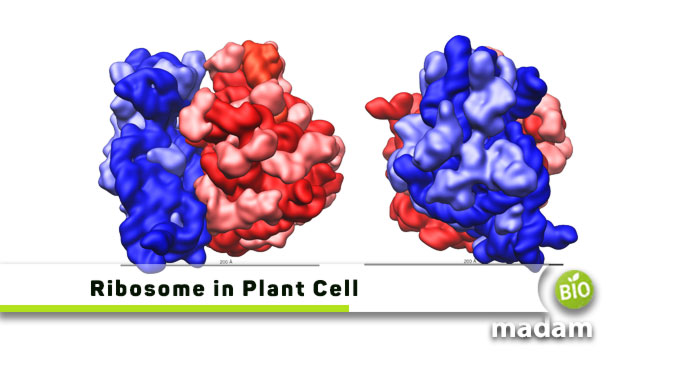
Function of Ribosome in Plant Cell
Ribosomes are an important part of the plant cell besides the nucleus, mitochondria, and chloroplasts. They have a pivotal role in the production of different… Read More »Function of Ribosome in Plant Cell

Ribosomes are an important part of the plant cell besides the nucleus, mitochondria, and chloroplasts. They have a pivotal role in the production of different… Read More »Function of Ribosome in Plant Cell
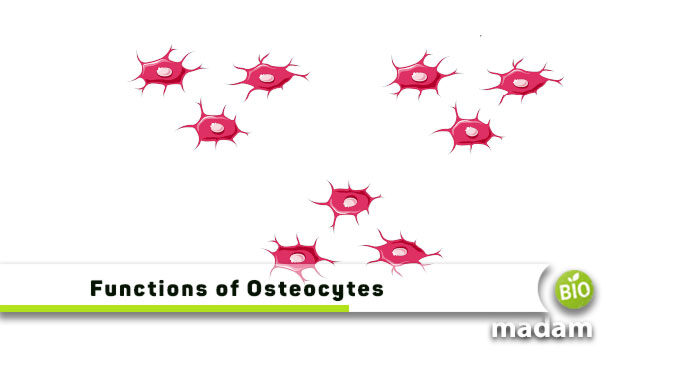
The anatomy and physiology of the human body comprise bones, muscles, tendons, and ligaments. Bones are dynamic, changing in response to the stresses and strains… Read More »The Functions of Osteocytes

Lipids, carbohydrates, and proteins are the three macronutrients in our body, contributing to various cellular and biological functions. They play a specific role in the… Read More »Function of Carbohydrate in the Body
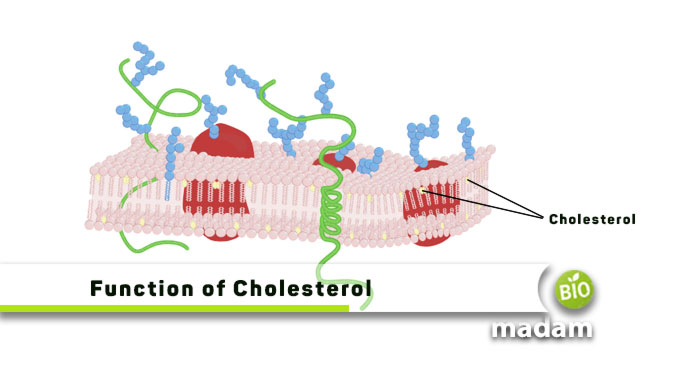
The cell membrane is a complicated component of the eukaryotic and prokaryotic cells. It comprises different components, such as carbohydrate molecules, lipids, and different types… Read More »Function of Cholesterol in Cell Membrane

The cell membrane in an animal cell is the outermost layer, while plants have a cell wall beside the cell membrane. The cell membrane comprises… Read More »The Function of Glycolipids in Cell Membranes

Vitamins and minerals are micronutrients essential for the normal functioning of the body. Iron is one of the most critical minerals contributing to life’s sustenance.… Read More »Function of Iron in the Body

Yeast is one of the most critical components of baked goods, regardless if you are making pizza or croissants. It allows the dough for bread,… Read More »Function of Yeast in Baking
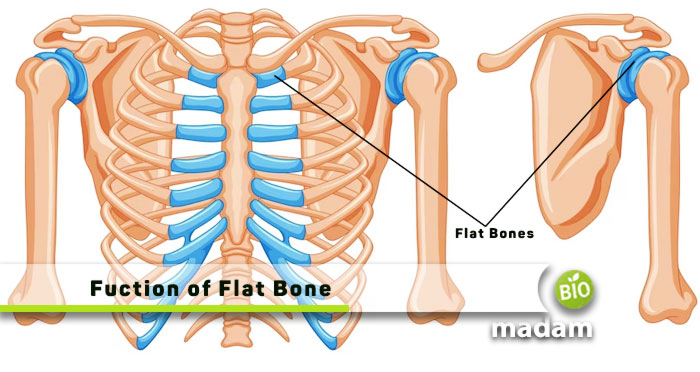
The musculoskeletal system is an important element of the human anatomy and comprises various types of bones. Bones provide a structure to the body and… Read More »Function of Flat Bone

Bone marrow, widely known as the body’s blood-producing factory, is a critical element of human anatomy and physiology. The primary function of the bone marrow… Read More »Types of Bone Marrow and its Functions

You may have experienced lower back or neck pain at some point, and these two conditions could be the cause. Lumbar stenosis and cervical stenosis… Read More »Lumbar Stenosis vs Cervical Stenosis: What are the Differences?

Kidneys are essential components of the body’s anatomy and physiology in getting rid of waste materials from the body. A healthy human has a pair… Read More »Functions of Kidneys
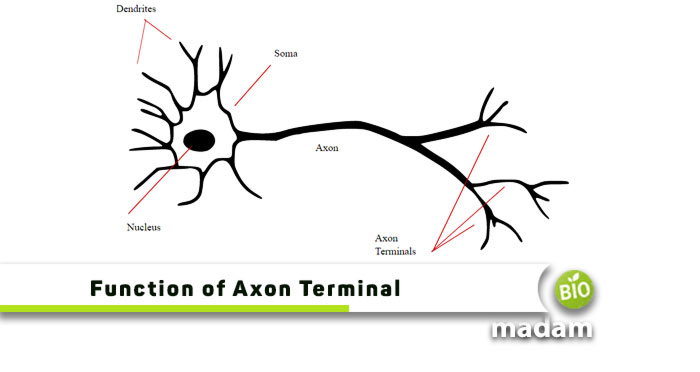
The human body comprises various anatomical and physiological features that work together to produce action. The nervous system is one of the most critical functions… Read More »Function of Axon Terminal

The global flora includes millions of species and subspecies of plants that are either vascular or non-vascular. These multicellular living organisms have a crucial role… Read More »Functions of Zinc in Plants

All living organisms, like eukaryotes and prokaryotes, have specific reproduction systems that allow them to produce offspring. Structures such as eukaryotes comprise various organs and… Read More »Functions of Zona Pellucida

When talking about the anatomy and physiology of a human body, the appendix is one of the lesser talked-of organs in it. The main reason… Read More »What is the Purpose of an Appendix

Human anatomy and physiology constitute various tissues and organs contributing to the normal functioning of the body. Besides muscles and bones, connective tissue also plays… Read More »Function of Fibrocartilage

Human anatomy and physiology are quite complex, comprising various organs. However, often we wonder about the reason for a specific body part that apparently seems… Read More »Function of Uvula
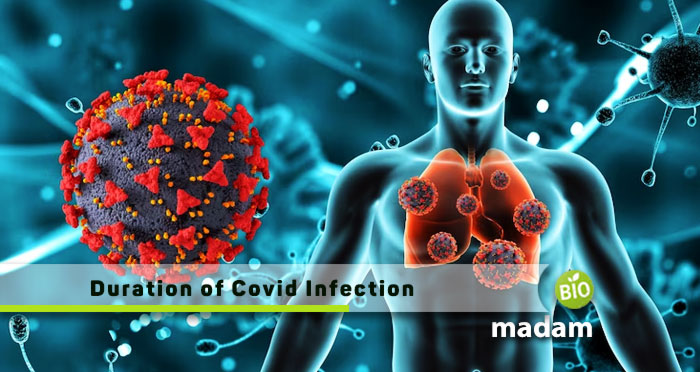
You must have experienced bacterial or viral infections at any time in your life, but things worsen when the covid appeared in late 2019. This… Read More »How Long are you Contagious with COVID?

Facial bones are an intricate and fascinating part of our anatomy, ranging from the prominent cheekbones that define our face to the delicate bones that… Read More »Functions of Zygomatic Bones
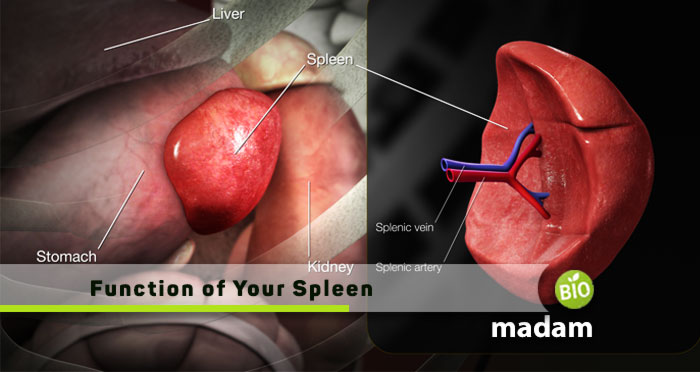
The spleen, also known as the security guard for blood cells, has been associated with venting anger. You must have heard the phrase “venting spleen,”… Read More »Function of Your Spleen

Carl Linnaeus introduced the taxonomical classification in the 18th century to classify eukaryotes and prokaryotes into different groups depending on their similarities and differences. In… Read More »Difference between Species and Genus

Waxes, fats, and oils are often considered the same molecules. However, they differ from each other in composition and function. While all these molecules and… Read More »Function of Waxes
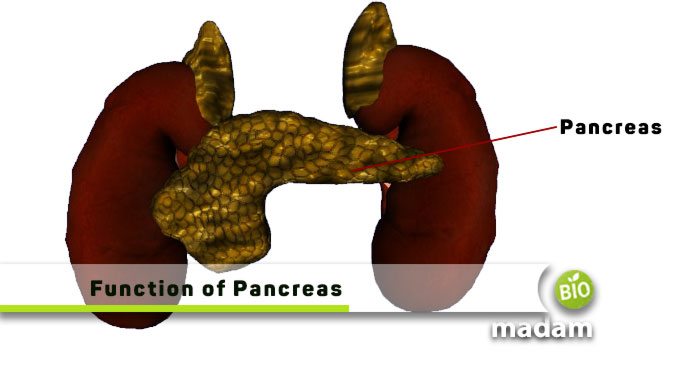
The human body consists of a channel of different systems that work together to make the entire body function properly. These are the respiratory system,… Read More »What is the Function of Your Pancreas?

The red nucleus is not a part of eukaryotes or prokaryotes on the cellular level. Instead, it is an organelle in the brain contributing to… Read More »Function of Red Nucleus
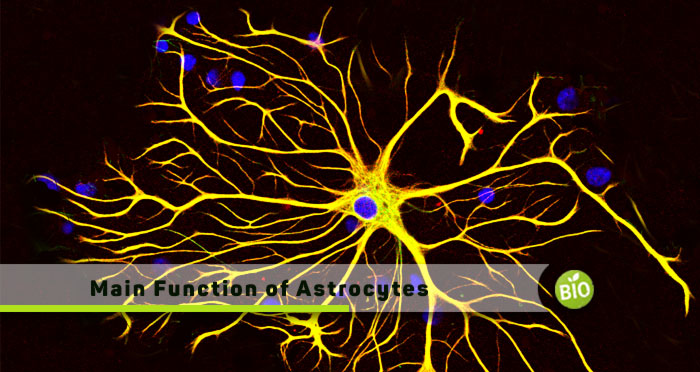
The nervous system, comprising the somatic and autonomic components, is a complicated system in the body. It constitutes different tissues and organs performing a specific… Read More »Main Function of Astrocytes

The endocrine and nervous systems carry out bodily processes by transmitting signals. The nervous system, including the somatic and autonomic, is the most critical part… Read More »Function of Amygdala in Brain
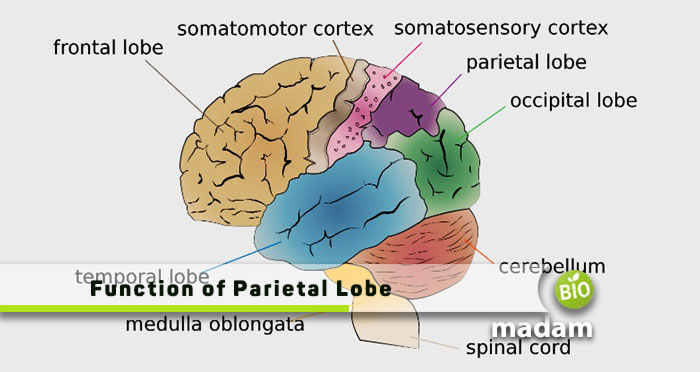
The brain is one of the most complicated parts of human anatomy and physiology. It enables the transfer of information through sensory and motor neurons… Read More »Function of Parietal Lobe

When conducting scientific research, it is important to clearly understand the difference between a treatment group and a control group. These two groups play important… Read More »Treatment vs Control Group

You must have gone through different types of ecologies surrounding our biomes and ecosystems. Living organisms, including plants, animals, fungi, etc., are present everywhere around… Read More »Function of Jejunum in Digestive System
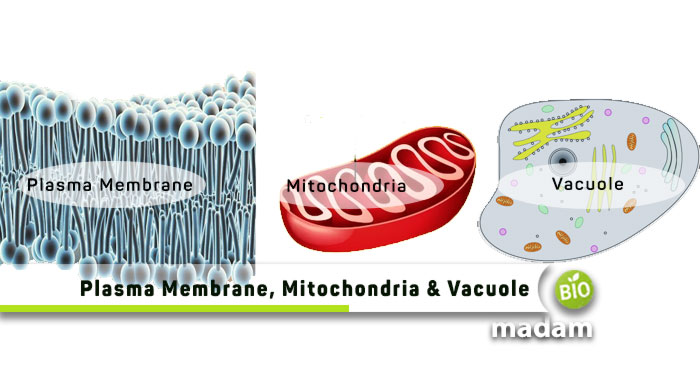
Eukaryotes and prokaryotes comprise cells with various organelles that perform specific functions. Prokaryotic cells have a plasma membrane and vacuoles, but mitochondria are only found… Read More »Functions of Plasma Membrane, Mitochondria & Vacuoles